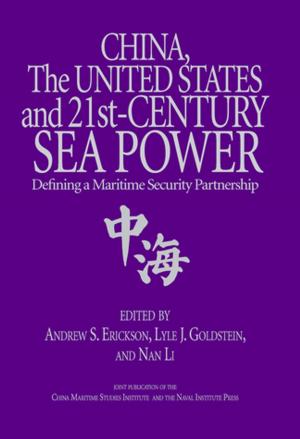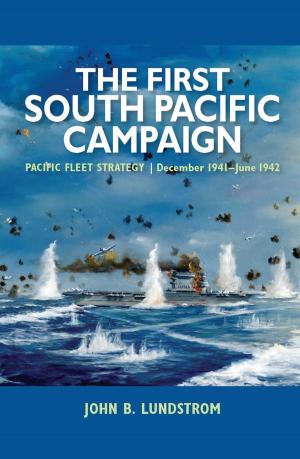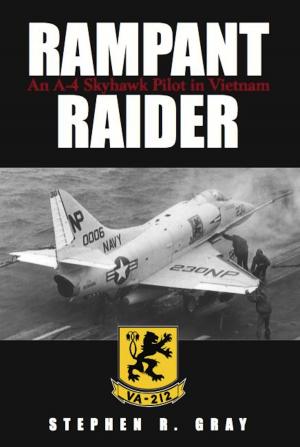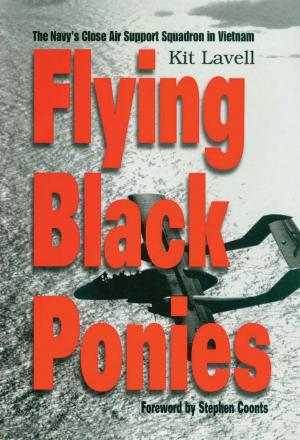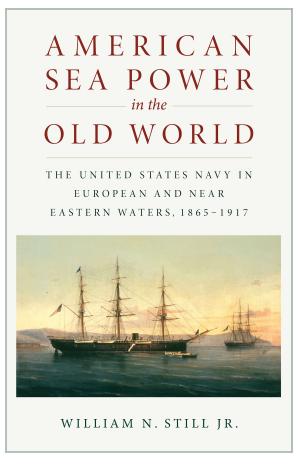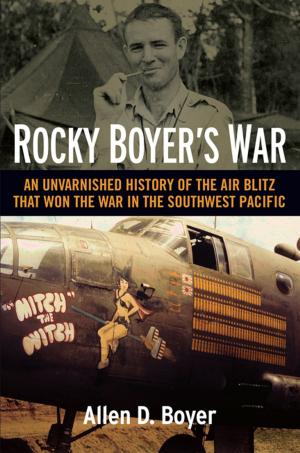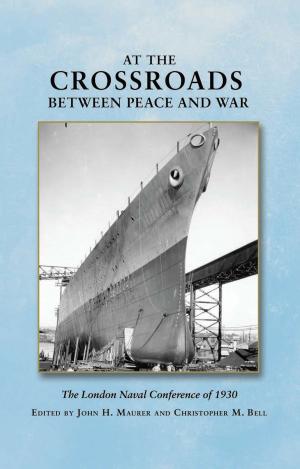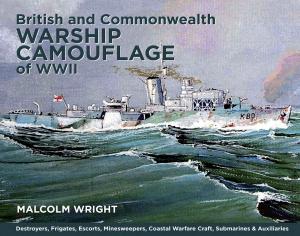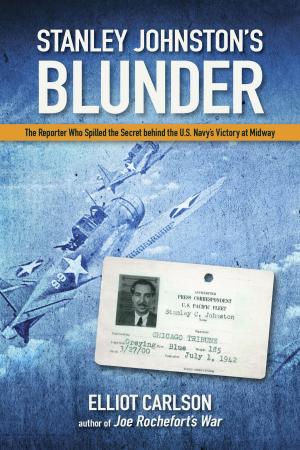| Author: | Betty Lussier | ISBN: | 9781612513966 |
| Publisher: | Naval Institute Press | Publication: | July 10, 2013 |
| Imprint: | Naval Institute Press | Language: | English |
| Author: | Betty Lussier |
| ISBN: | 9781612513966 |
| Publisher: | Naval Institute Press |
| Publication: | July 10, 2013 |
| Imprint: | Naval Institute Press |
| Language: | English |
A college student in Maryland when World War II began, Betty Lussier went to England to help the British fight off an impending invasion. Armed with a private pilot s license, she joined the Air Transport Auxiliary and was soon ferrying planes and pilots for the RAF, and her memoir describes those days in thrilling detail. After the Normandy invasion, when women pilots were barred from delivering planes to the combat zones on the continent, she complained to Sir William S. Stephenson, who was in the RAF with her father in World War I and headed British intelligence in the States. He steered her to the newly formed American Office of Strategic Services, which was recruiting field agents. Her experiences with a special liaison unit in Algeria, Sicily, Italy, and France helping to set up a chain of double agents and transmit misinformation to the enemy are described in compelling detail as she takes the reader step-by-step through some memorable cases that helped bring the war to an end.
A college student in Maryland when World War II began, Betty Lussier went to England to help the British fight off an impending invasion. Armed with a private pilot s license, she joined the Air Transport Auxiliary and was soon ferrying planes and pilots for the RAF, and her memoir describes those days in thrilling detail. After the Normandy invasion, when women pilots were barred from delivering planes to the combat zones on the continent, she complained to Sir William S. Stephenson, who was in the RAF with her father in World War I and headed British intelligence in the States. He steered her to the newly formed American Office of Strategic Services, which was recruiting field agents. Her experiences with a special liaison unit in Algeria, Sicily, Italy, and France helping to set up a chain of double agents and transmit misinformation to the enemy are described in compelling detail as she takes the reader step-by-step through some memorable cases that helped bring the war to an end.

